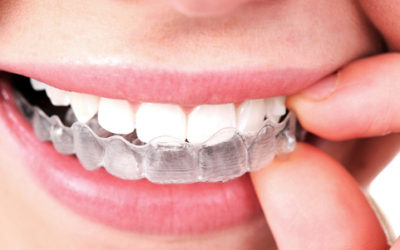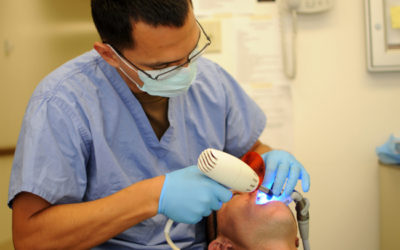The temporomandibular joint or TMJ is that which connects the lower part of your skull to the front of the ear. In the case of temporomandibular disorders or TMD, you experience pain in your jaw muscles and joints that control jaw movement. This is because there are certain facial muscles attached to the lower jaw that control chewing. You may experience compromised movement of the jaw and pain in the surrounding muscles.
Temporomandibular disorder can affect one or both sides of your face. Depending on the severeness, it can last for a temporary period or many years. It occurs most commonly in people between the ages of 20 to 40 years. If you suspect the inception of TMD, here are the issues you need to scan for.
1) Experience Pain
You may feel pain or tenderness in your face, jaw joint area, in and around the ear, neck and shoulders when you speak, chew or try to open your mouth wide. It is also common to experience a headache that begins from the front of your ear and spreads through your head or neck. There can also erupt pain in the temple area.
2) Locked Jaw
With the temporomandibular disorder, you can also face multiple episodes of your jaw getting stuck. The lock or stuck incidents occur in the open or closed-mouth position. In simpler words, your mouth may remain open for a long time, even if you try to close it again.
3) Chewing Issues
An affected TMJ can cause troubles while you chew or even cause sudden uneasiness when you bite. You may find it difficult to have your upper and lower teeth meet properly. Facial muscle spasms can be very uncomfortable.
4) Noisy Jaw
There can also come a point when the opening and closing of your jaw makes noises while you open your mouth or chew. The joints make clicking, popping or grating sounds. These sounds can also be heard by people around you.
5) Bulgy Face
With time, the issues that can develop include swelling on the side of your face. You may experience a tired feeling in your face.
If you face these issues in your face and jaw muscles, you probably have developed the temporomandibular disorder and need to break a few habits in your life. Additionally, you should also contact dentists to treat the disorder. These symptoms can arise due to an injury or a heavy blow to the jaw joint or the muscles of your head and neck. It can also occur if you are habituated to grinding or clenching your teeth. When a lot of pressure is applied to the facial joints and muscles, the impact can be stressful and lead to TMD.
Our team in Edmonton consists of general dentists, hygienists and assistants who provide budget-friendly options and a relaxed environment to deliver long term relief. Have you booked an appointment yet?



